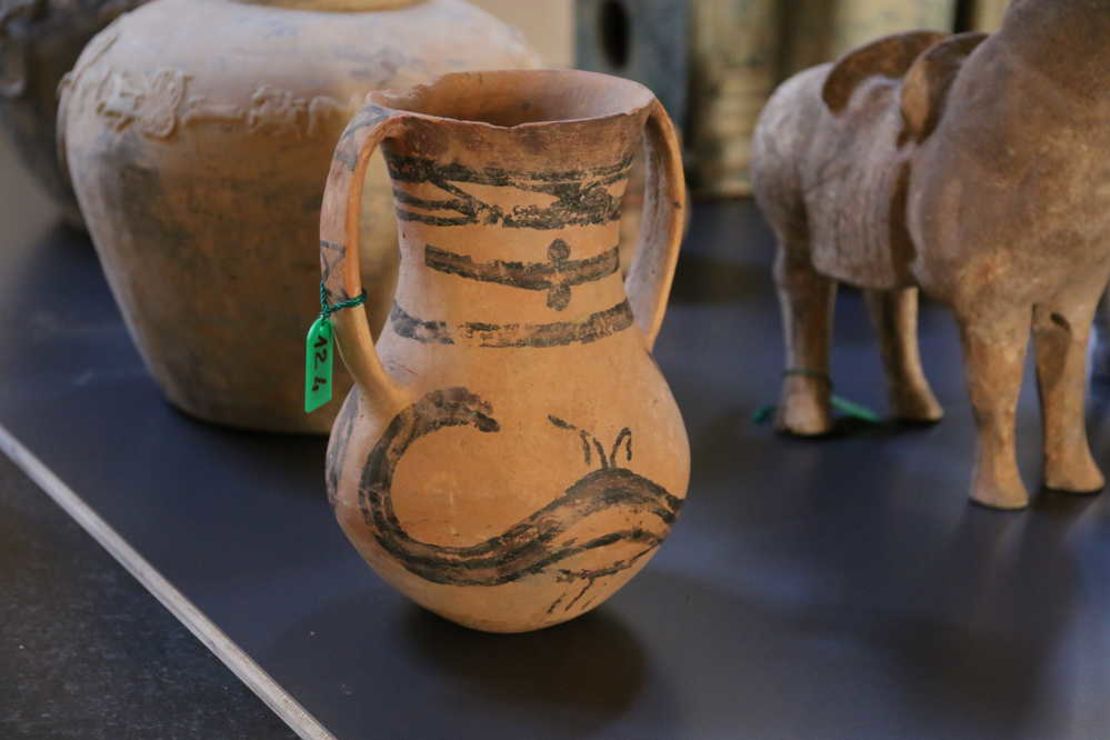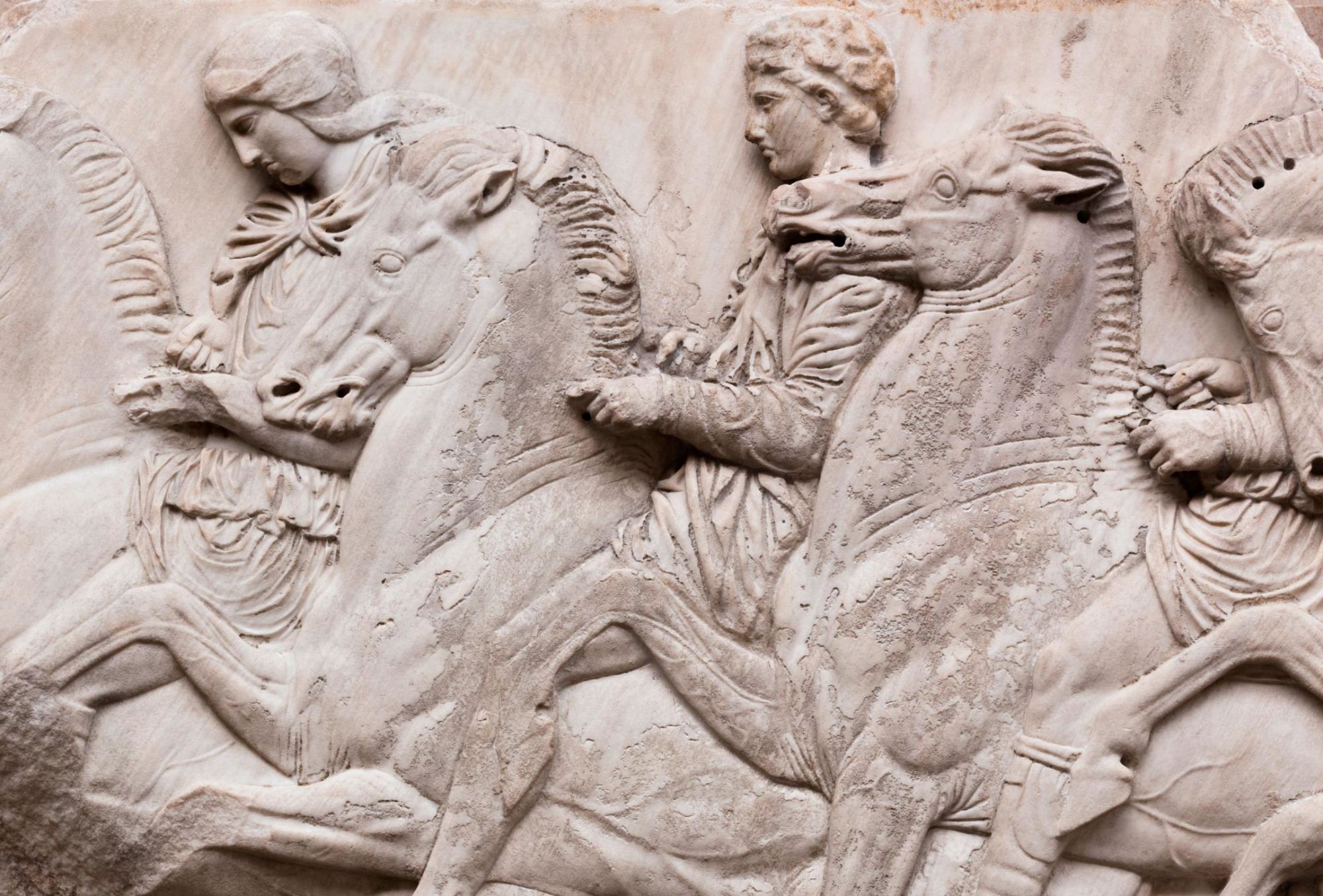Chinese President Xi Jinping has weighed in on a long-standing controversy by offering to help Greece retrieve the contested Parthenon Marbles from Britain.
Xi made his comments Tuesday, during the last day of a state visit to Athens, where he met with Greek President Prokopis Pavlopoulos. The two leaders and their wives visited the Acropolis Museum, where Pavlopoulos appealed to Xi for support on the diplomatic dispute with Britain.
The Parthenon Marbles, also known as the Elgin Marbles, are sculptures that once decorated the ancient Parthenon temple. They were removed from the site more than 200 years ago by Lord Elgin, Britain’s ambassador to the Ottoman Empire, and are now housed in the British Museum in London.

For decades, Greece has unsuccessfully demanded the artifacts’ return. Former British Prime Minister Tony Blair once said that the statues “belong” to the British Museum, and in 2014 the museum said the statues “are part of the world’s shared heritage and transcend political boundaries.”
As Xi and Pavlopoulos toured the Acropolis Museum, the Greek president said, “The place for the Parthenon Marbles is here and not in the British Museum. Imagine this place with the Marbles, and (then) imagine how the Marbles are at this moment in the British Museumguar, which is holding them illegally and against every sense of culture.”
“I totally agree with you,” Xi replied.
Xi then pledged his support when Pavlopoulos asked the Chinese president for help in the “battle for the return of the Parthenon Marbles.”
“Not only will you have my support, we should work together,” Xi said. “Because we have a lot of our own relics abroad, and we are trying as much as we can so that we can to bring these items back to their home country as soon as possible.”

According to the Acropolis Museum, the Parthenon frieze – a long band of sculptures, of which the disputed artifacts once formed a part – was originally 160 meters long. “From the entire frieze that survives today, 50 meters are in the Acropolis Museum, 80 meters in the British Museum, one block in the Louvre,” the museum website said, adding that “other fragments are scattered” among museums in Italy, the Vatican, Germany, Austria and Denmark.
The museum’s website also claims that the Acropolis Museum is “where eventually the Parthenon sculptures will be reunited.”
Although the British Museum has held tight to the Parthenon Marbles, it made headlines last December for returning a collection of bronze artifacts to Nigeria after they were looted from Kingdom of Benin more than a century ago (although the return was on a temporary basis). More recently this June, British Museum delegates traveled to Easter Island to discuss calls for the return of its famous towering Hoa Hakananai’a statue and other artifacts.
China, too, has long pushed for the repatriation of allegedly stolen or smuggled artifacts. This year alone, illegally trafficked ancient Chinese objects, including pottery and bronzeware, have been returned from the United States, Japan and Italy.
China has signed agreements with more than 20 countries to counter the theft, excavation and illegal smuggling of cultural relics, according to the country’s National Cultural Heritage Administration.

“There are museums the Western world over that are full of artifacts which were acquired under dodgy circumstances, going back,” Hong Kong University professor Quentin Parker told CNN in March. “China has had so much of its cultural wealth destroyed and also stolen over centuries, and especially over the last few decades, so it’s trying to make a stand and say, ‘We need to protect our cultural heritage and we’d like to get our objects back.’”
Elsewhere in the world, a number of high-profile historical artifacts have repatriated in recent months. In September, the New York Metropolitan Museum of Art returned a stolen gold coffin to Egypt shortly after an Illinois museum announced that it was returning sacred Aboriginal artifacts to Australia.

